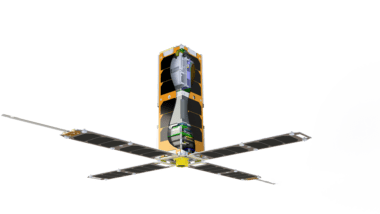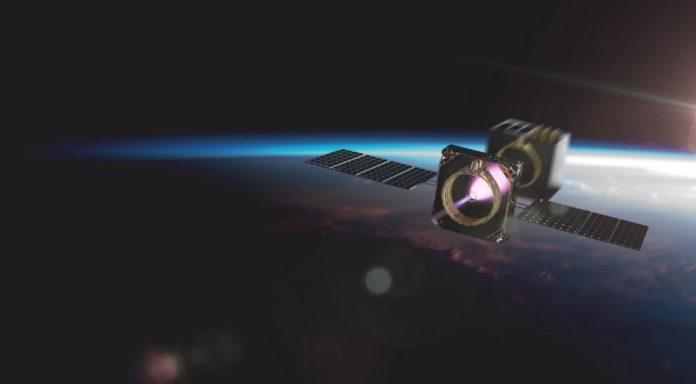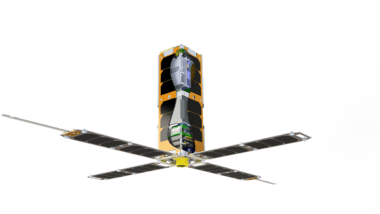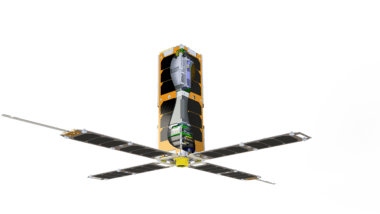
Lockheed Martin teams with USC and Momentus on cubesat program (Image Credit: SNN)
by — August 4, 2020

USC students will build the satellites and integrate them with Lockheed Martin’s SmartSat mission payload.
WASHINGTON — Lockheed Martin and the University of Southern California are collaborating on a small satellite program with the goal to launch four cubesats over the next two years.
Students at USC’s Information Sciences Institute will build the satellites and integrate them with Lockheed Martin’s SmartSat mission payload.

Adam Johnson, director of Lockheed Martin’s SmartSat program, told SpaceNews that the collaboration with USC is an opportunity for the company to test its new software-defined satellite technology and for the students to gain experience building satellites with real-world applications.
The first of the four planned missions is a remote sensing spacecraft. It will be used to test artificial intelligence technology to enable autonomous satellites.
Momentus, a space transportation and logistics startup in Silicon Valley, was hired to provide the launch services. The company has arranged for the 3U cubesat to fly on a SpaceX Falcon 9 rideshare scheduled for February 2021. The cubesat will be mated with a Momentus “transfer vehicle” that, once released from the SpaceX rocket, will take the cubesat to a sun synchronous orbit about 550 kilometers above the Earth’s surface.
The SmartSat software lets satellite operators change missions while in orbit. Lockheed Martin has released a software development kit to encourage developers to write their own third-party mission apps.
The 3U cubesat mission is the first of four that USC will build. The second will be a smaller 1.5U cubesat to test communications links. Two larger 6U cubesats are being designed for projected launches in 2022.
– Advertisement –









